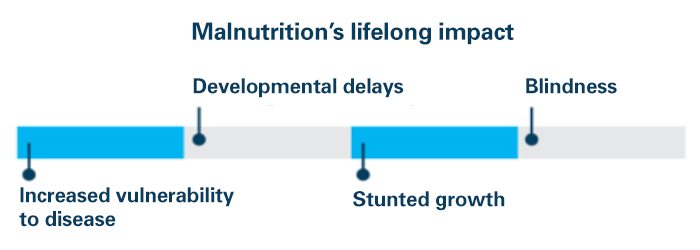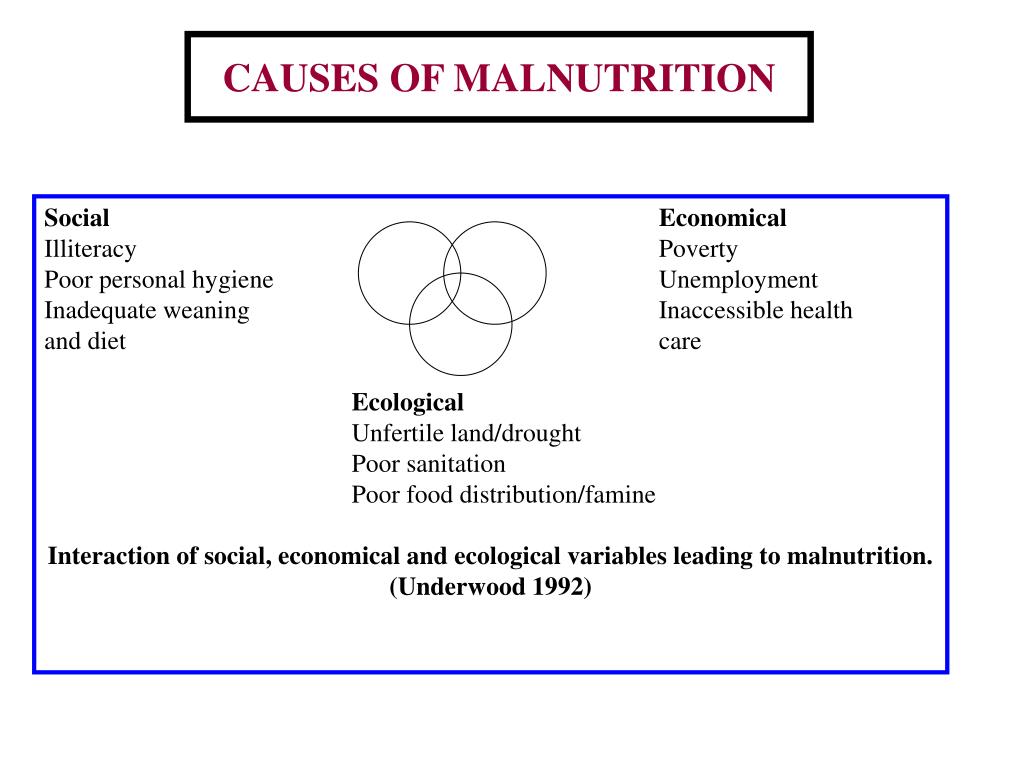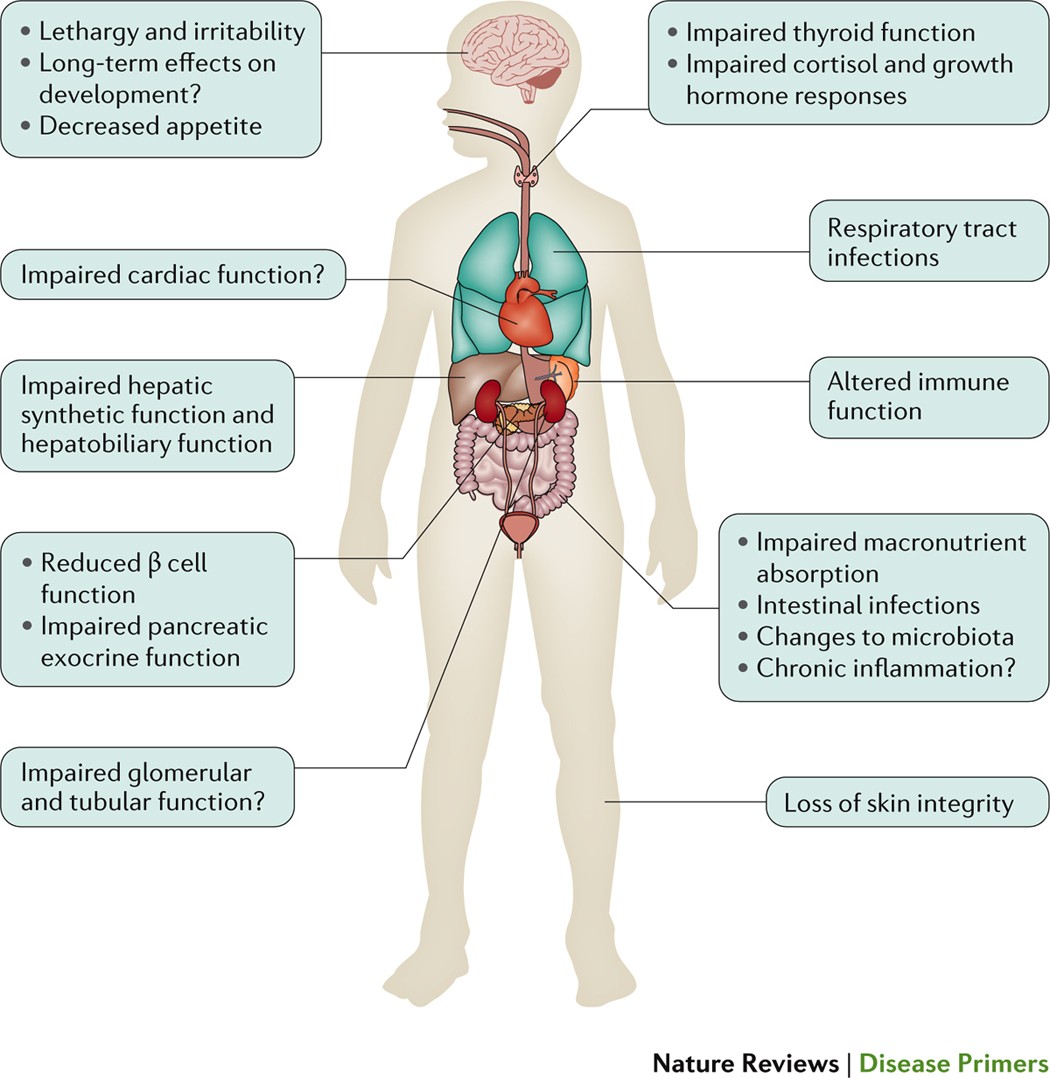Malnutrition is a condition that results from an inadequate intake of nutrients, leading to problems with physical and cognitive development, as well as an increased risk of various health problems. There are several causes of malnutrition, including poverty, lack of access to nutritious food, and certain medical conditions that can interfere with the body's ability to absorb nutrients. The effects of malnutrition can be severe and long-lasting, and can affect individuals of all ages.
One of the primary causes of malnutrition is poverty. People living in poverty often do not have the financial resources to afford a varied and nutritious diet, and may rely on cheaper, less nutritious foods to meet their basic needs. This can lead to a deficiency in essential nutrients such as protein, vitamins, and minerals, which are necessary for proper physical and cognitive development.
Another cause of malnutrition is lack of access to nutritious food. This can be due to geographical factors, such as living in an area with limited access to markets or agriculture, or due to cultural or social factors, such as food insecurity caused by conflict or discrimination. In these cases, individuals may not have access to the diverse range of foods necessary to meet their nutritional needs.
Certain medical conditions can also cause malnutrition. For example, digestive disorders such as celiac disease or Crohn's disease can interfere with the body's ability to absorb nutrients from food. Additionally, some medical treatments, such as chemotherapy or radiation therapy, can affect the body's ability to process and utilize nutrients.
The effects of malnutrition can be severe and long-lasting. Malnutrition can lead to a range of physical problems, including stunted growth, weakness, and susceptibility to illness. In children, malnutrition can have a particularly negative impact on physical and cognitive development, leading to problems with growth and learning. In adults, malnutrition can lead to an increased risk of chronic conditions such as heart disease and diabetes.
Malnutrition can also have psychological effects, such as increased anxiety and depression. It can also have social and economic consequences, as malnutrition can affect an individual's ability to work and contribute to their community.
In conclusion, malnutrition is a serious problem that can have significant consequences for individuals and communities. Its causes are varied and complex, but include poverty, lack of access to nutritious food, and certain medical conditions. The effects of malnutrition can be severe and long-lasting, and can affect physical, cognitive, and psychological well-being. It is important to address the root causes of malnutrition and to ensure that individuals have access to the nutrients they need to live healthy, productive lives.








